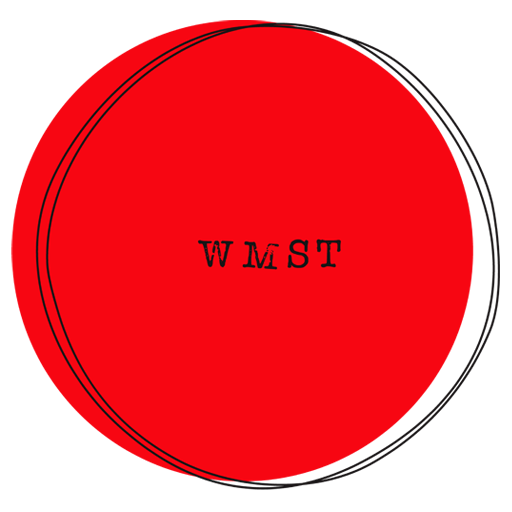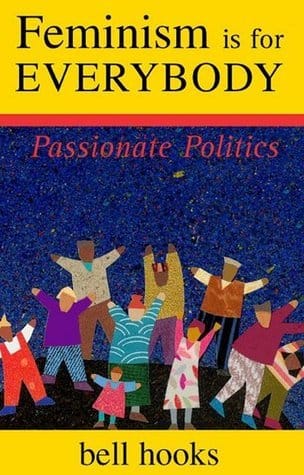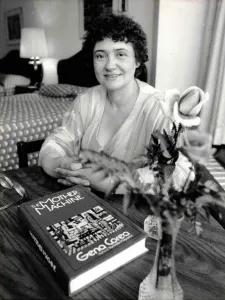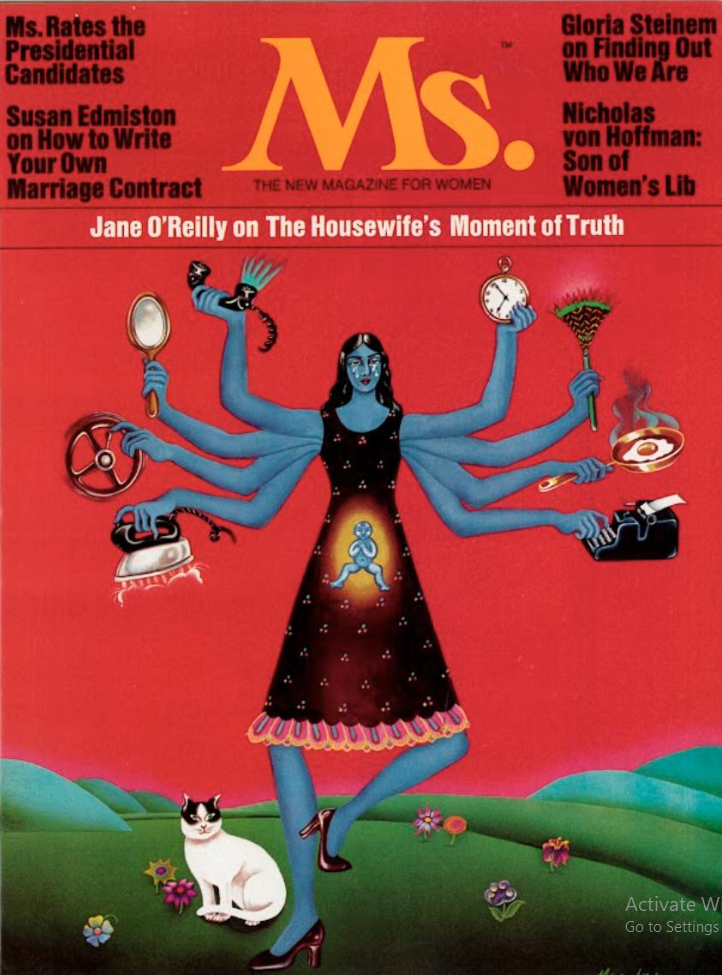Reading Circle takes place every Monday at 4pm PST/7pm EST/12am UTC.
Reading Circle is a space for women to explore feminist literature as a group. Every week, we will read a short essay or excerpt of writing about feminist theory or women’s herstory, then discuss. Please read or listen to the text before each session, so we can come together for a thoughtful discussion!
About The Author
bell hooks was an American writer and activist who was born in Kentucky and spent the majority of her life in academia all over the United States. Her writing and activism spanned several topics but she primarily focused on the interconnections between race, class and gender. She is well known for confronting the fact that feminism is created and enacted by distinct groups, and in their ignorance, they usually are only helping women like themselves. By pointing out the flaws in the "everywoman" concept put forth by some feminists, she teaches many women where their blind spots lie.
She was a strong voice for black feminists and many of her books are meant to elevate the thinking, concerns and history of black women in America. Her most popular book, Ain't I a Woman: Black Women and Feminism (1981) tracks the power dynamics imposed upon black women from the time they arrived in the US as slaves, to the time in which she was writing the book. In her analysis of the archetypes and institutions that black women have to overcome, she critiques the mainstream white feminists of the era for their ignorance and lack of solidarity towards poor women of colour.
This week's short essay comes from bell hook's book Feminism is for Everybody: Passionate Politics (2000). The book covers a variety of topics, but this particular essay focuses on the myopic nature of some white women's feminism, and offers some insight into how we can broaden our analysis.
Recording
You can listen to a recording of this week's reading here.
Text
You can read this weeks text by following this link, on page 27/68.
You can also download a PDF version here:
Key Concepts
These are my summaries of how bell hook's defines these terms, in her various books and essays. Some other feminists use these terms similarly. In different academic fields, for example political science or economics, there are different and particular definitions for these terms.
Colonization
According to bell hooks, colonization is not only political and territorial domination but also a psychological and imaginative process. It is “colonization of the mind,” where oppressive systems shape not just behavior but how people think, feel, and imagine possibilities. This internalized colonization teaches dominance, suppression of rage and emotional subjectivity, and replaces liberatory relationships with control.
Neocolonialism
According to bell hooks, neocolonialism is the continuation of colonial domination through economic, cultural, and ideological means, especially through global capitalism and representation. It reproduces the power structures of colonialism not through direct rule, but through mass media, consumer culture, and economic dependency.
Decolonization
According to bell hooks, decolonization is the process of freeing one’s mind and ways of knowing from the internalized structures of colonial domination. It is about cultivating awareness of how colonial and white-supremacist systems shape our thoughts, imaginations, and relationships, and actively reclaiming alternative epistemologies, subjectivities, and ways of being. For hooks, decolonization is both a personal transformation — “decolonizing our minds” — and a collective, political project, grounded in resistance, healing, and community (e.g., in “homeplaces” of resistance).
Reading Questions
- What jumped out at you from this text?
- If neocolonialism is a reproduction of the thinking process of being dominated, do you agree with the author that, "contemporary feminism politics did not come into being as a radical response to neocolonialism"? Why or why not?
- What do you think of the fact that some women "declare themselves liberated and therefore in a position to liberate their less fortunate sisters"? Does this negate the autonomy of the "less fortunate sisters"?
- In what circumstances have you seen women "appropriating feminist jargon while sustaining their commitment to Western imperialism and transnational capitalism"? How does that play out in society at large, versus between different schools of feminism?
- What do you think about the use of the terms colonization, decolonization, neocolonialism and imperialism in this text?
- The author describes "those groups of [white] women posing as feminists in the interest of class opportunism," whose goal is to better the conditions for only themselves. Do you see that same group of women with the same aspirations today?
- Thinking back on last week's reading, how do you interpret the author's criticism of "unenlightened white feminists" acting "in collusion with imperialist white supremacist capitalist patriarchy"? Why do you think it's important for feminists to interrogate how and why they think as they do?
- When the author is speaking of "power feminists" trying to tackle feminist issues in the global south, she is describing these women as thinking and acting from a place of arrogance and superiority. How do you think those same women could change their thinking, to tackle these same issues from a position of solidarity and care instead?
- The essay ends by calling for feminists to acknowledge our wins and join in the "global struggle to end sexism, sexist exploitation, and oppression." Do you think women are more or less successful in doing this now, in 2025, than they were when this was written in 1981?
References
hooks, b. (2000). Global feminism. In Feminism is for everybody: Passionate politics (pp. 44–47). South End Press.
Code of Participation
If you have questions, please read and review our Feminist Code Of Participation.





